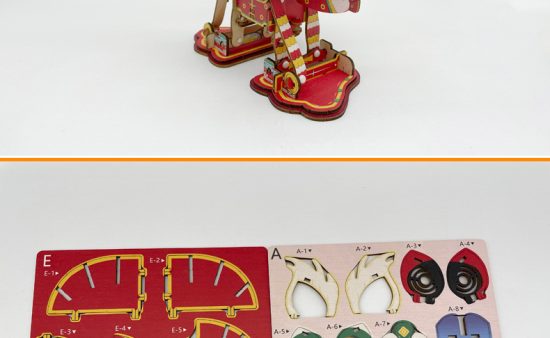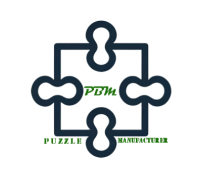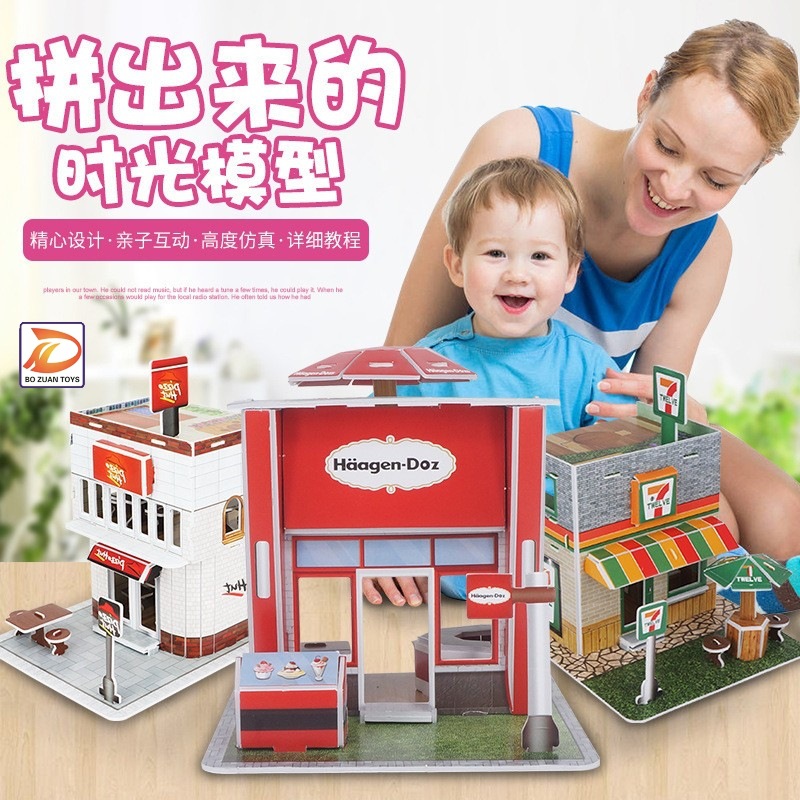Jigsaw puzzles are a popular activity that can improve cognitive function in several ways. Here are some of the ways in which jigsaw puzzles can enhance cognitive function:
- Improves problem-solving skills: Jigsaw puzzles present a problem-solving challenge that requires logical thinking and analytical skills to complete. By working through the puzzle, you can develop your problem-solving abilities and enhance your cognitive function.
- Enhances visual-spatial reasoning: Jigsaw puzzles require you to analyze and manipulate spatial relationships between pieces to complete the picture. This enhances visual-spatial reasoning skills and improves mental rotation abilities.
- Boosts memory: Jigsaw puzzles require you to remember the shapes, colors, and patterns of individual pieces to fit them together. This strengthens short-term and long-term memory.
- Increases attention to detail: Puzzling requires attention to detail, which can improve your ability to observe and focus on small details in other areas of life.
- Enhances mental speed: Jigsaw puzzles require you to think quickly and respond to visual cues, which can improve mental speed and reaction time.
- Promotes creativity: Jigsaw puzzles can spark creativity and imagination, as you have to use your imagination to envision how the individual pieces fit together to form the larger picture.
Overall, jigsaw puzzles can provide a fun and engaging way to improve cognitive function. They challenge your brain in multiple ways, which can enhance your problem-solving skills, spatial reasoning, memory, attention to detail, mental speed, and creativity.



